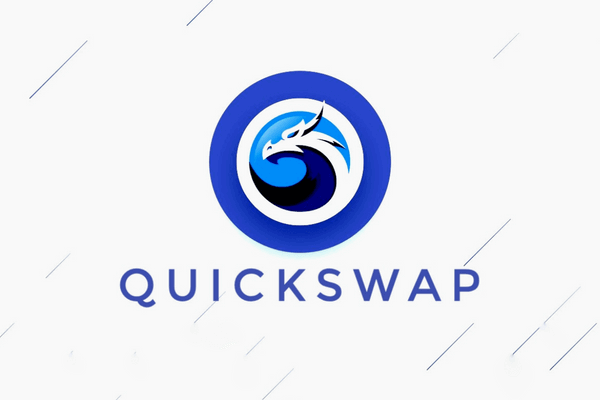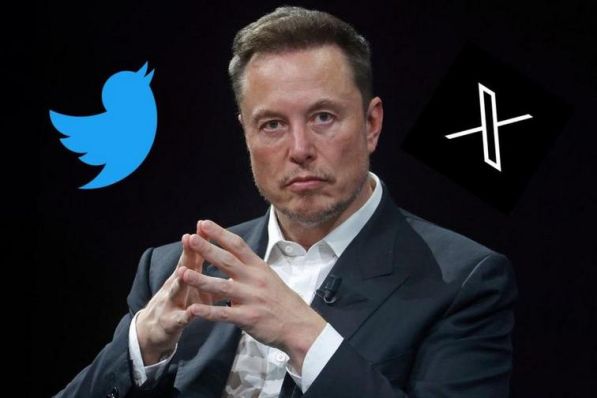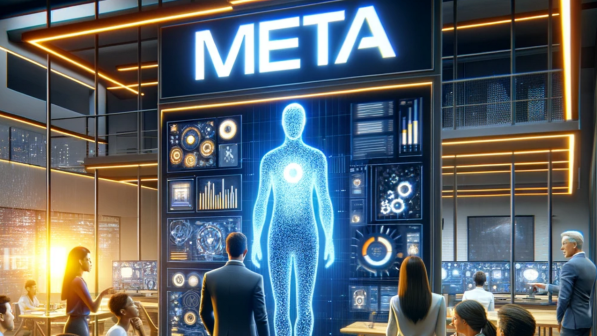QuickSwap is a decentralized application on the Polygon blockchain that enables users to trade ERC-20 tokens through an automated market maker (AMM) model. It is a decentralized exchange (DEX) that operates without an order book and allows users to trade any pair of ERC-20 tokens as long as there is liquidity in the pool.
The platform is permissionless, meaning anyone can launch a new liquidity pool and earn transaction fees. QuickSwap is similar to Uniswap, but it is built on a layer-2 scaling solution, unlike Uniswap, which is built on layer 1, the Ethereum blockchain.
The platform’s native cryptocurrency is QUICK, which serves as both a governance token and a staking token. QUICK token holders have the power to propose changes to the protocol and vote on various issues. QuickSwap fosters the principles of decentralization, trustlessness, permissionless ness, and censorship resistance in cryptocurrency trading.
Liquidity pools are digital assets that allow trading on a DEX and are essential for DeFi as they provide liquidity for traders to use DEXs. To create a liquidity pool on QuickSwap, users lock their cryptocurrency into the protocol’s smart contracts, making it available for others to use.
Liquidity providers fund this public cryptocurrency reservoir and receive a percentage of transaction costs for each user interaction as compensation for supplying liquidity. On QuickSwap, liquidity providers receive a proportionate share of the pool’s trade fees, which amounts to 0.25%.
QuickSwap has an interesting feature that distinguishes it from traditional exchanges, which use order books for swap trades. Order books are collections of buy-and-sell orders where buyers set their desired price and wait for a seller to match it. However, this method often results in long wait times, low liquidity, and a reliance on third parties, which increases the risk of scams and hacks.
QuickSwap uses smart contracts to automate the process and allows users to exchange ERC-20 tokens without relying on third-party requests. The smart contract calculates the amount of the second token the user will receive based on the current market price, using QuickSwap’s AMM model.
In recent years, decentralized exchanges (DEXs) have become more popular due to the growing interest in DeFi. These platforms allow users to trade cryptocurrencies without intermediaries or centralized exchanges, which offers greater security, transparency, and control over assets.
As the DeFi landscape expands, the prospects for decentralized exchanges appear bright. A notable development that is expected to persist is the expansion of cross-chain compatibility, enabling greater liquidity and enabling users to access a more extensive array of assets.
Decentralized exchanges are also being integrated with other DeFi applications, such as loan protocols and prediction markets, to create a more connected DeFi ecosystem. Despite the benefits, regulatory hurdles remain, as different regulations for DEXs apply to various jurisdictions worldwide. Additionally, there is room for improvement in the user experience of DEXs, as they can be perceived as complex and challenging to use compared to centralized options.
Related Posts





